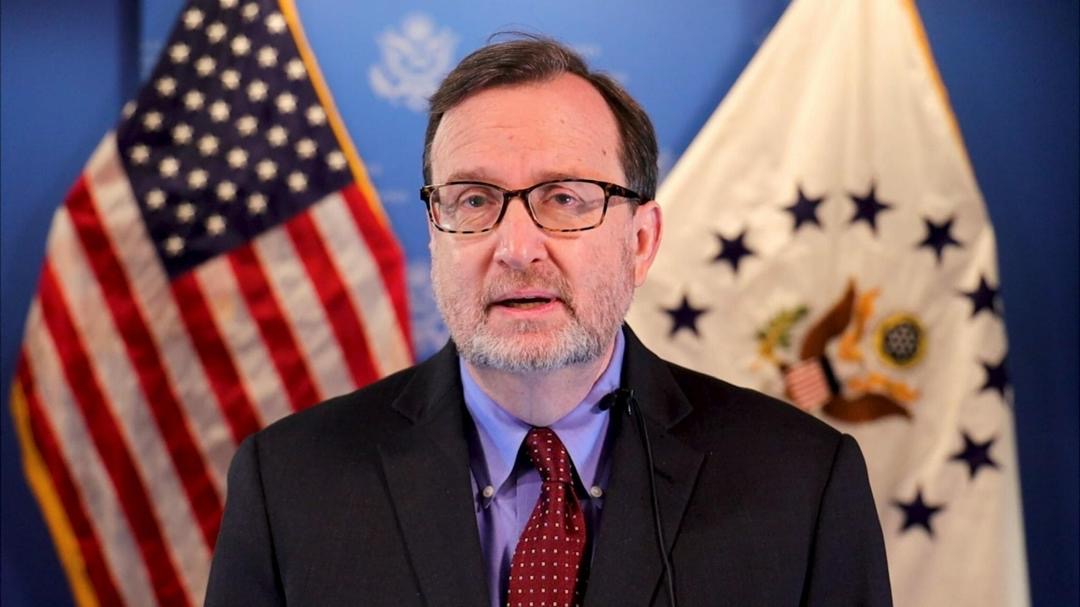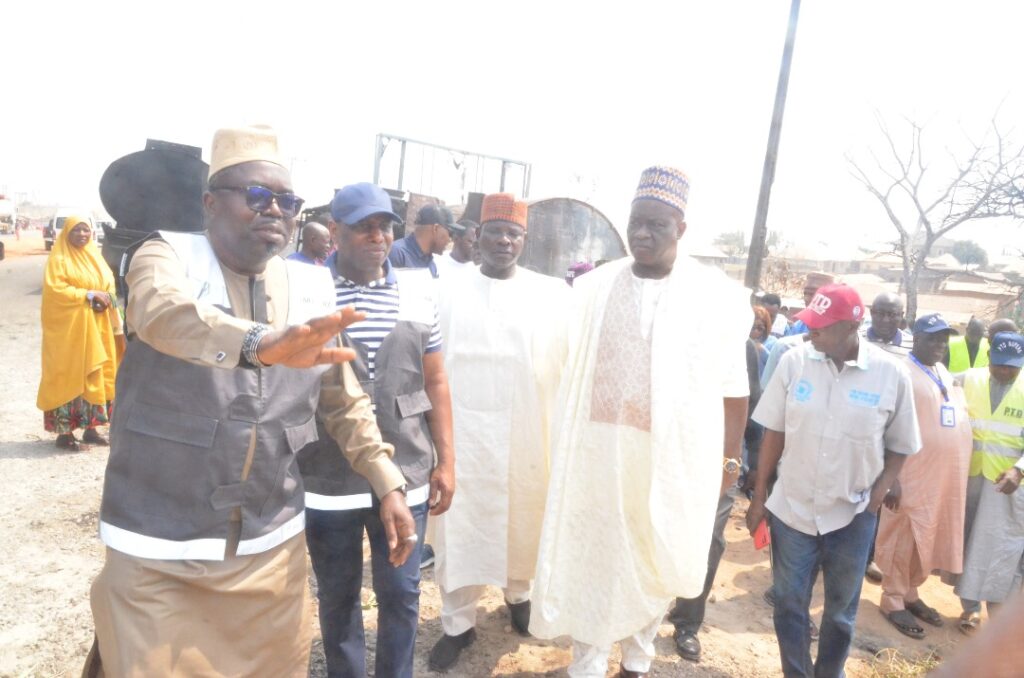By Kayode Adebiyi, News Agency of Nigeria (NAN)
When the Federal Military Government, under the leadership of Gen. Yakubu Gowon (retired), set up the NYSC post-Civil War in 1973, many Nigerians praised the scheme.
The mandatory, post-tertiary scheme was part of efforts to “reconstruct, reconcile and rebuild the country” after the Nigerian civil war.
Today, 52 years later, the programme has come under serious scrutiny.
Michael has just been mobilised in the 2025 Batch A (Stream 1) to participate in the National Youth Service Corps scheme (NYSC) after graduating in late 2024.
For him, the prospect of serving as a corps member is fascinating and apprehensive at the same time.
“I have been posted to a state in the North-Central region, and I look forward to resuming at the orientation camp.
“However, I do not know what to expect with current security challenges everywhere in the country; I hope that my posting will be in the city, not a remote village.”
Iyabo, on the other hand, served a few years ago; she was posted to a state in the South-South from Lagos.
“NYSC was like I wasted one year of my life; I was already an entrepreneur since my undergraduate years.
“Leaving my budding business for one year to go and serve and return to unemployment did not work for me.
“If graduates were offered the option of not serving but being awarded their certificates after camp, people like me would have taken that option,” she said.
Michael and Iyabo are on the parallel sides of a growing call for the NYSC programme to be reviewed.
A parent, Mr Kazeem Salami, said that the NYSC had outlived its purpose in 2011.
“The post-election violence in some states that led to the death of about a dozen members of the NYSC brought to the fore the need to review the scheme.
“I had to think hard and long about it when my son was mobilised the following year; eventually, I decided that his participation would depend on where he was posted,” he said.
General insecurity and the safety of corps members are not the only reasons some stakeholders are calling for a review or outright scrapping of the NYSC scheme.
Some say the seven-point objectives of the scheme, as enunciated in Decree No. 51 (reviewed) of June 16, 1993, have not been achieved.
The seven-point objectives are to promote national unity and integration, inculcate discipline and patriotism, develop self-reliance, contribute to national development, remove prejudices and ignorance, equitable distribution and utilization of skills, and develop a sense of corporate existence.
“The NYSC was principally established to foster unity among the various ethnic nationalities that make up Nigeria because participants serve in states and regions other than theirs.
“This is meant to foster understanding, growth and tolerance of different cultures across the nation, most especially to educate them on the customs and traditional practices in communities where they serve.
“Can we genuinely say that we have been able to achieve the objectives?
“When governors begin to evacuate their indigenes from other states, has it not cast a doubt in the minds of Nigerians on the continued validity of the scheme?” an analyst asked.
However, other stakeholders believe that scrapping the scheme will amount to throwing the baby out with the bathwater.
They say that, as a model for national integration and a platform for value orientation, the NYSC should be reorganised to meet the challenges of the 21st century rather than scrapped.
They call for a new scheme that should be properly funded and divided into sub-corps where the energies and intellect of young Nigerians are used to provide for the critical sectors.
Miss Sarah Adejobi, a youth empowerment advocate, said one way to make the NYSC scheme viable was by redefining its focus from post-war national integration to entrepreneurship for national development.
“Corps members are some of the greatest pool of human resources available in the most remote parts of the country; if we do a Strengths, Weaknesses, Opportunities, and Threats (SWOT) analysis, that is a big strength.
“Therefore, I have been advocating a system whereby they are divided into engineering corps, agricultural corps, medical corps, and educational corps.’’
She said the engineering corps would be designed to help in road construction, maintenance and other engineering works in rural areas.
Adejobi added that the agricultural corps would be designed in line with national food security strategies, with corps members teaching modern farming techniques to rural farmers.
“The medical corps should comprise doctor-corps members and other medical practitioners motivated to provide medical care to rural dwellers.
“Likewise, the education corps will provide qualified, willing and motivated teachers in the rural areas.
“This is the best way to utilise the corps members and maintain continuity, while providing them with job opportunities,” she said.
She said that if administered in the spirit that reflected the changing world, the NYSC scheme would bring out the best in the youths and instill in them the virtues of hard work, diligence, enterprise, patriotism and independence.
Interestingly, the debate about modeling the NYSC has been around for some time.
In 2012, the then Minister of Youth Development, Mr Bolaji Abdullahi, said a new agenda was being adopted for the scheme.
The former minister talked about corps members not being given preferential postings to the oil and gas sector or “lucrative” establishments in so-called big states where their services were underutilised.
He also said that corps members would be drafted to the rural areas for cultural diversity and internalising the challenges of cooperation and national integration to bolster the credibility and relevance of the programme.
Critics, who argue that the reforms were not far-reaching, say affluent and influential persons in the polity and the economy had bastardised the scheme by influencing the posting of their children and wards.
They also mentioned insecurity, financial unsustainability, and poor living conditions as some of the factors militating against the implementation of meaningful reforms.
Stakeholders, including a member of the House of Representatives, Rep. Philip Agbese, are therefore making a strong case for “a holistic review of the NYSC and its leadership”.
The suggestion that NYSC should be made optional–allowing individuals to choose whether to participate in the programme or not– is a strong element of that call.(NANFeatures)
***If used, please credit the writer and News Agency of Nigeria.








